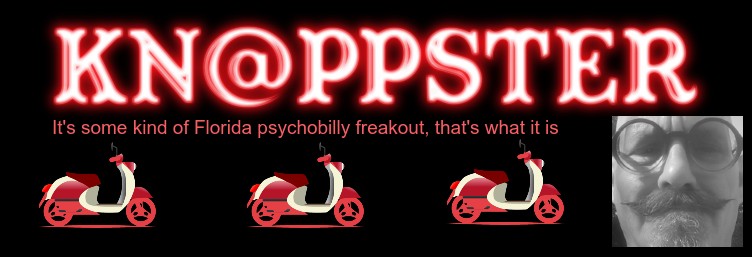While I've pretty much given up on electoral politics and "reform" measures, this happens to be one that's been close to my heart for a long time and for a particular reason, and it just seems worth creating a permanent blog post about.
I'll work backward:
In 1997, I ran for city council in Springfield, Missouri. For a partisan Libertarian, I didn't do too badly -- 20% of the vote in a three-way race, carrying 24 of 77 precincts. I focused on several local bread-and-butter issues (privatizing the local utility and getting rid of a pretty poor local bus service that had to be subsidized at levels that would have paid for a decent, insured used car or daily taxi vouchers for every rider were my "top two").
Naturally, of course, the local newspaper focused entirely on my third "big issue," which, as it happens, was "make marijuana local law enforcement's lowest priority." I don't know whether that focus hurt or helped me. I doubt that I was the first candidate in America to bring up the idea, but I do suspect I was fairly early among candidates to do so. In speaking to the idea, I took note of three particular incidents:
- On April 8th, 1995, a little girl disappeared in Springfield. Her body was not found until April 14th. In the intervening period, the Springfield Police Department insisted, multiple times, that "every available officer" was on the case (which you can read about here). But during that same period, the newspaper reported more than 20 arrests for marijuana possession, and a gambling bust at the area university involved nearly 60 "local, state and federal officers." A whole lot officers weren't "available" to search for that little girl because they were busy rounding up pot smokers and football bettors.
- Around the same time, a lady I knew was attacked by a stalker. She had a restraining order against him, but one night she came home, got out of her car, and was hit on the head with a shovel and knocked unconscious. When she woke up, she crawled into her house, dialed 911 ... and waited 45 minutes for police (followed by ambulance) to respond. But I'd bet money there were police officers out making pot busts that night.
- Before either of these two incidents, there was another: A Greene County sheriff's deputy bought a quarter ounce of marijuana from some teenagers in a local Springfield park, then attempted to arrest them. They fled -- and several people were killed when they ran a red light during the chase.
No matter how big and expensive "law enforcement" gets -- and it's way too big and expensive in my opinion -- it will always have finite resources at its disposal ... and that means it's going to have to set priorities on the disposal of those resources.
To put a finer point on it, more money and man-hours spent busting marijuana smokers means less money and man-hours spent busting murderers, rapists, assailants, robbers, burglars.
So the real question for law enforcement decision makers, be they police chiefs, political officials or voters, is whether you want more marijuana smoking and less murder, rape, assault, robbery and burglary, or whether you want less marijuana smoking and more murder, rape, assault, robbery and burglary.
Yes, the issue really is that simple.

No comments:
Post a Comment